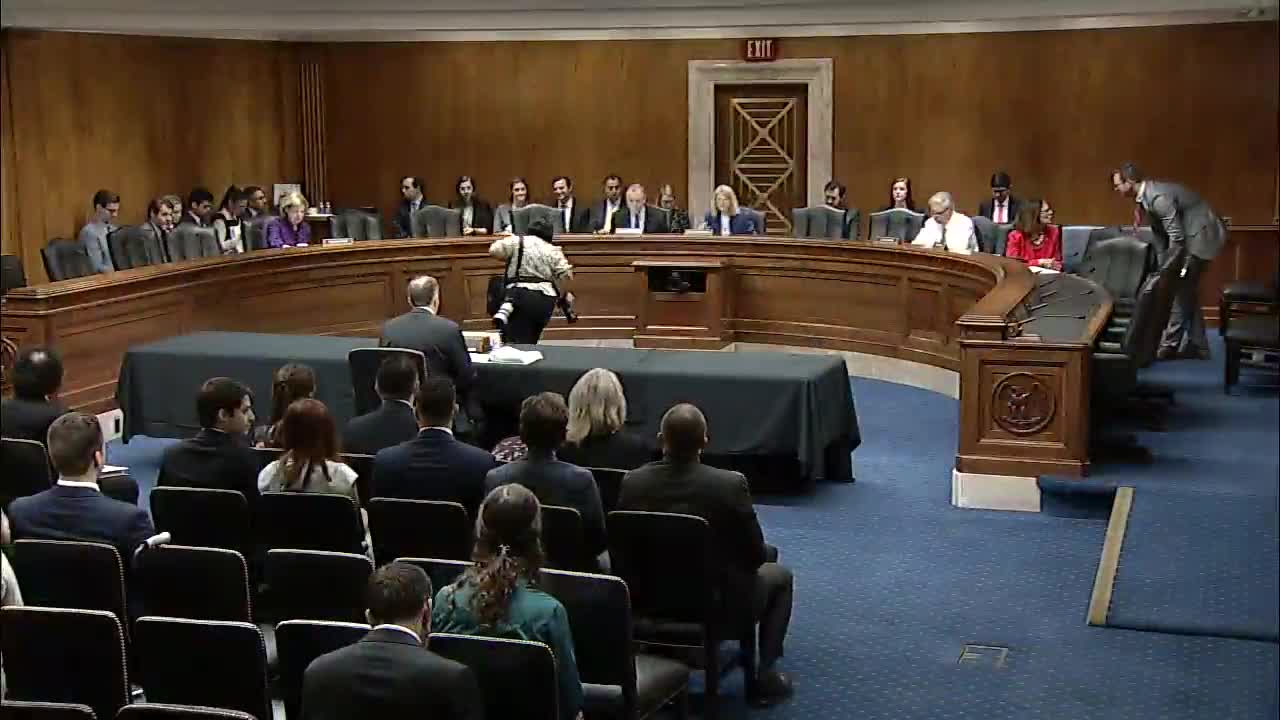Article not found
This article is no longer available. But don't worry—we've gathered other articles that discuss the same topic.
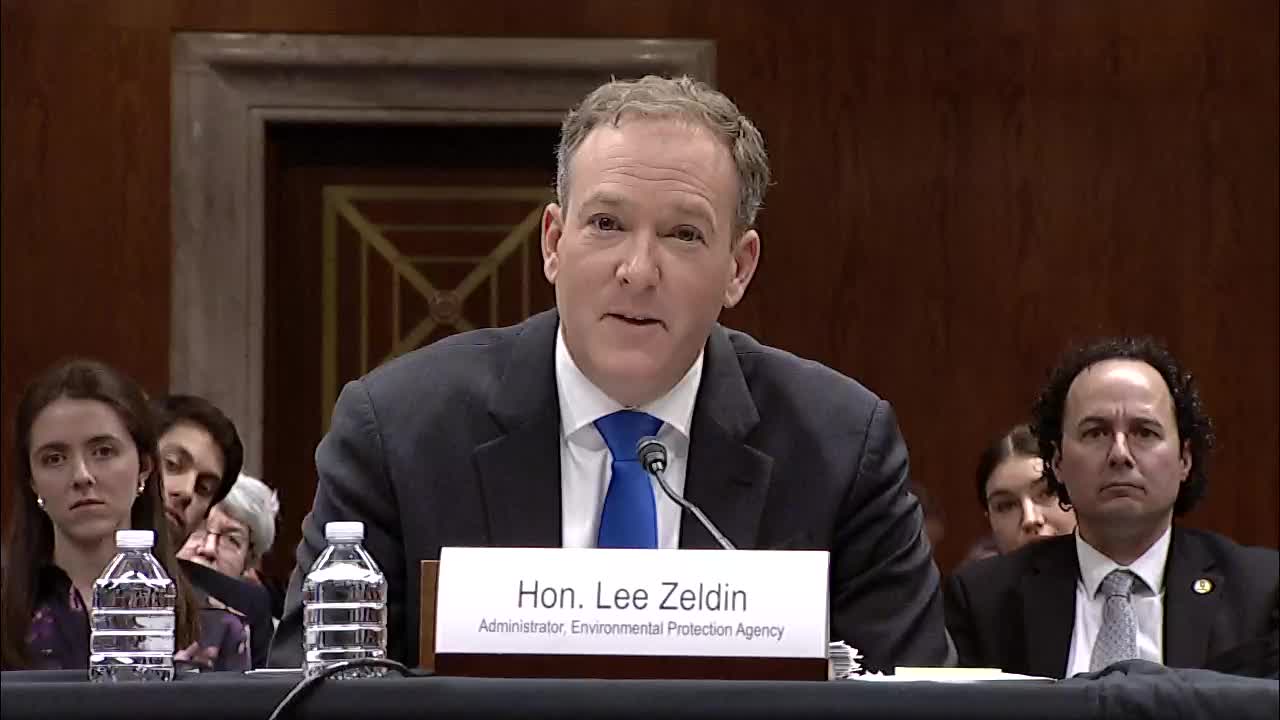
EPA says PFAS response is a priority; senators seek funding and clarity on drinking-water standards
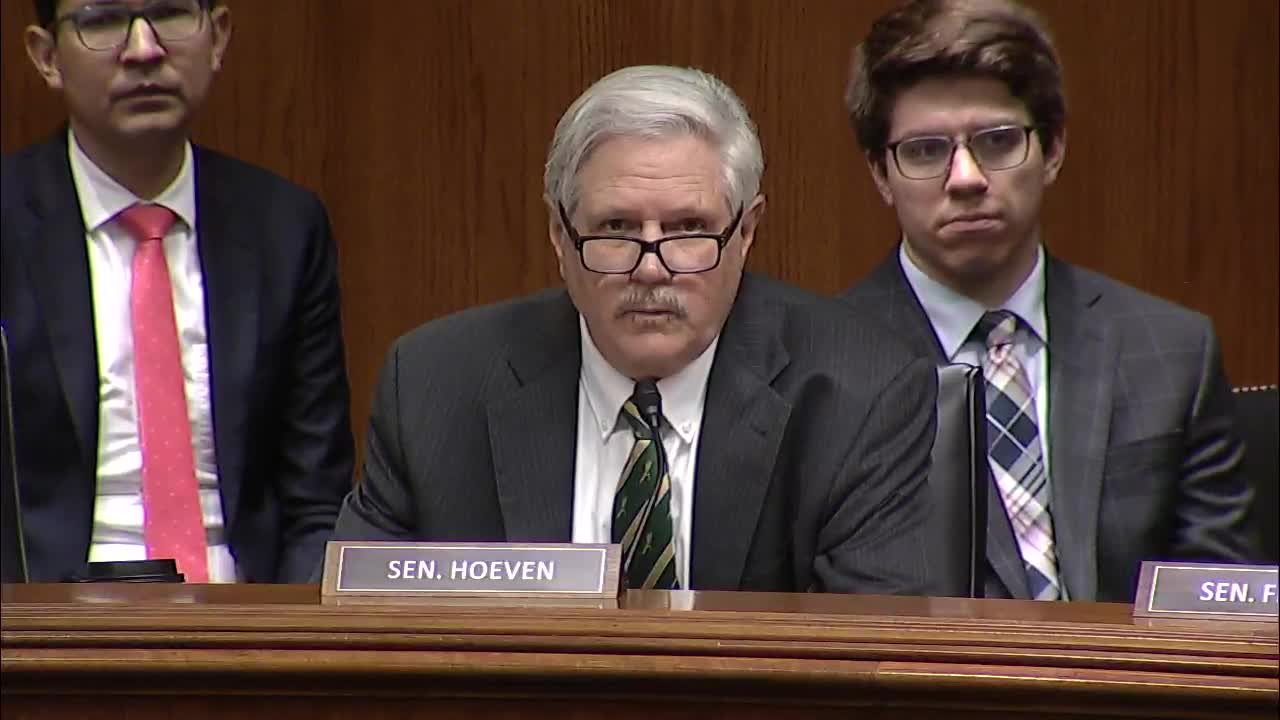
EPA to revisit WOTUS, power-plant and vehicle rules; agency says it will follow Supreme Court and APA
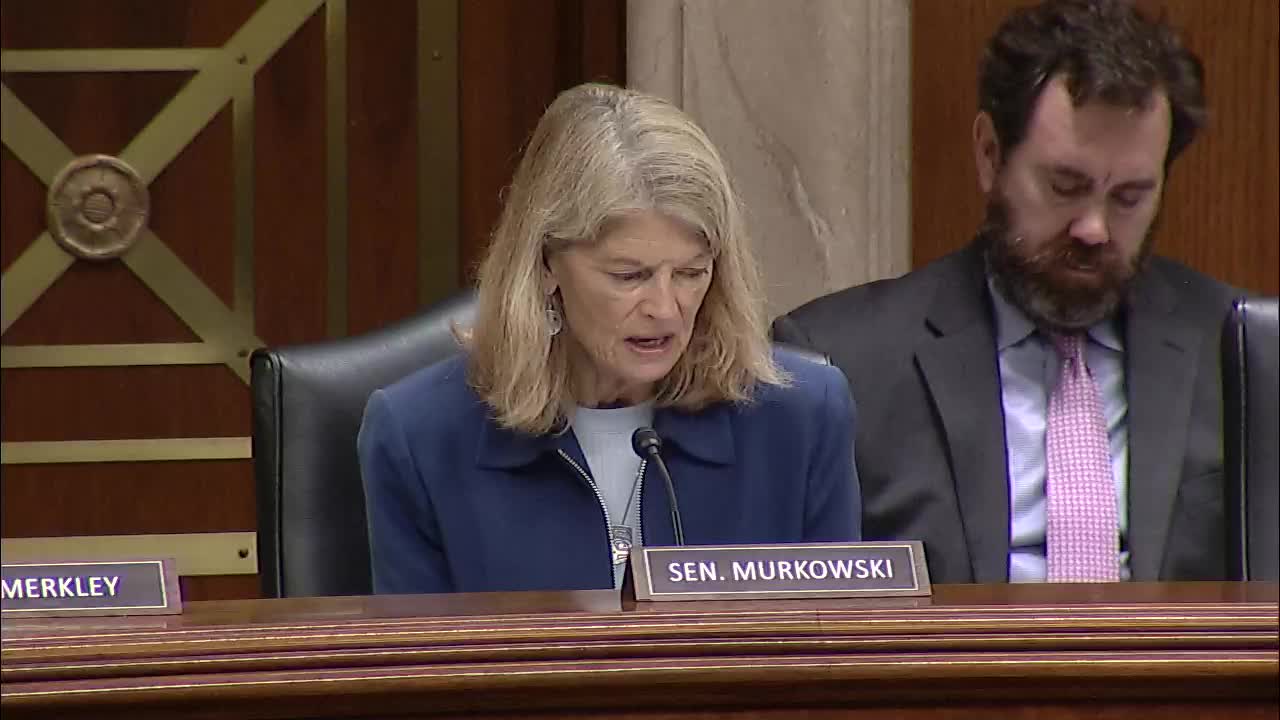
Communities say EPA grant cancellations disrupted projects from Alaska to Georgia

Senators warn EPA reorganization and staffing cuts could imperil core functions
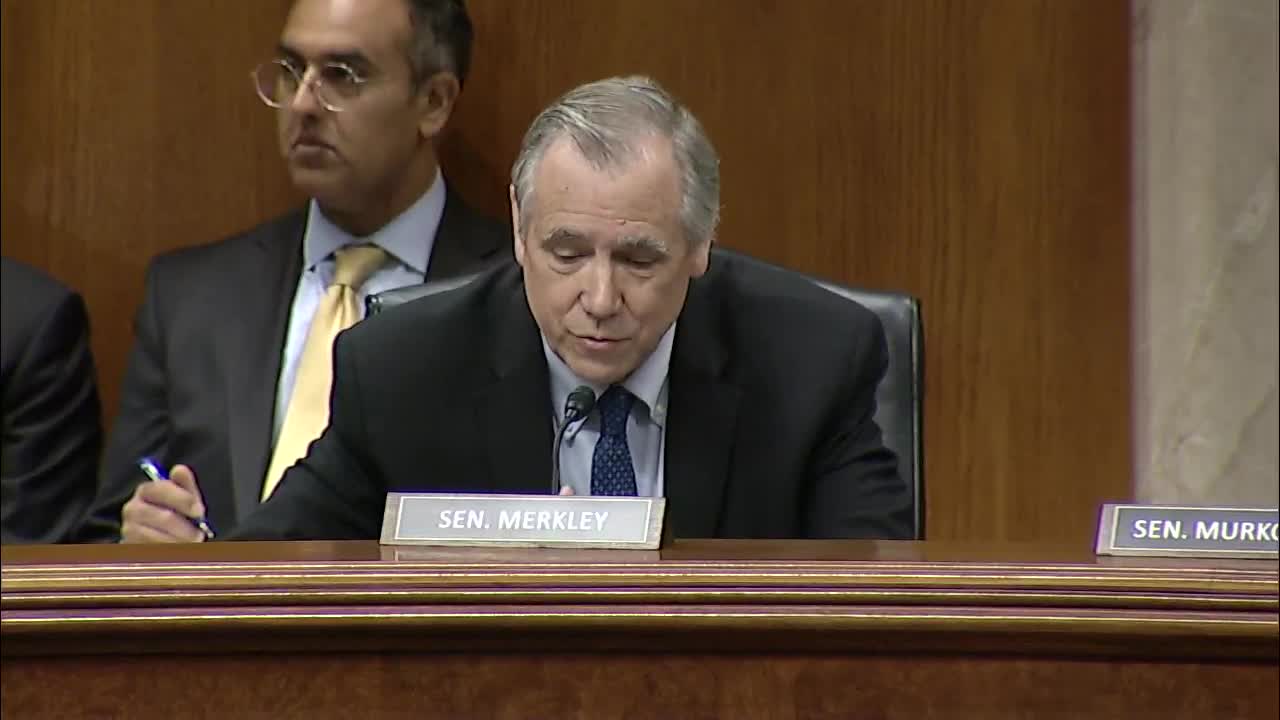
Senators press EPA over frozen grants and legal fights over greenhouse-gas reduction fund
